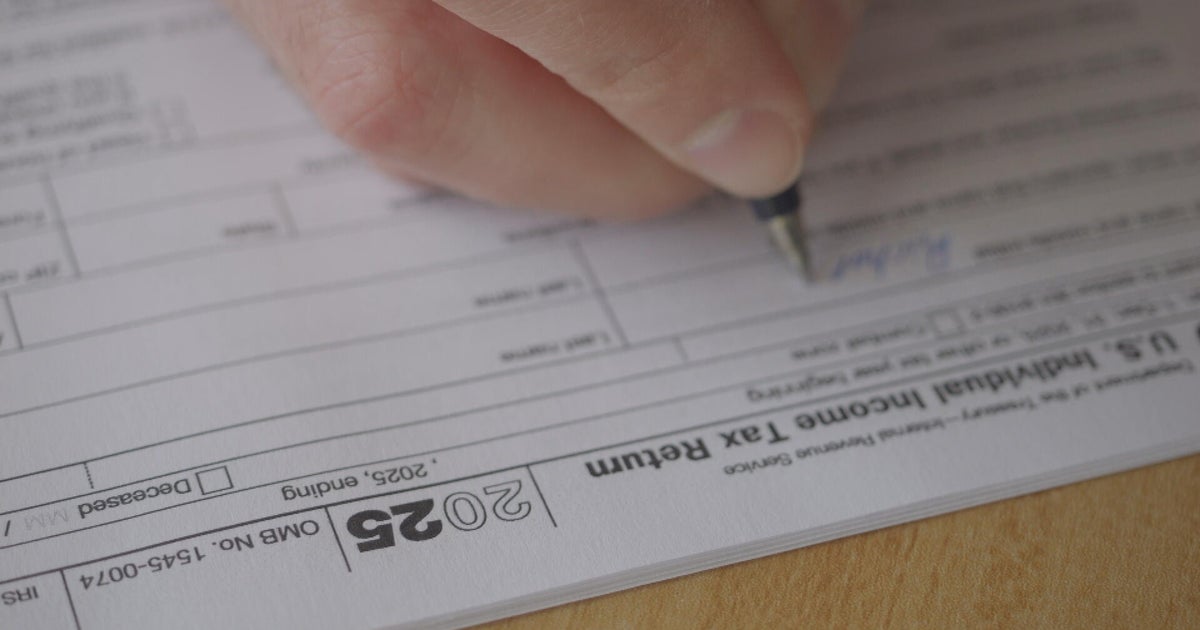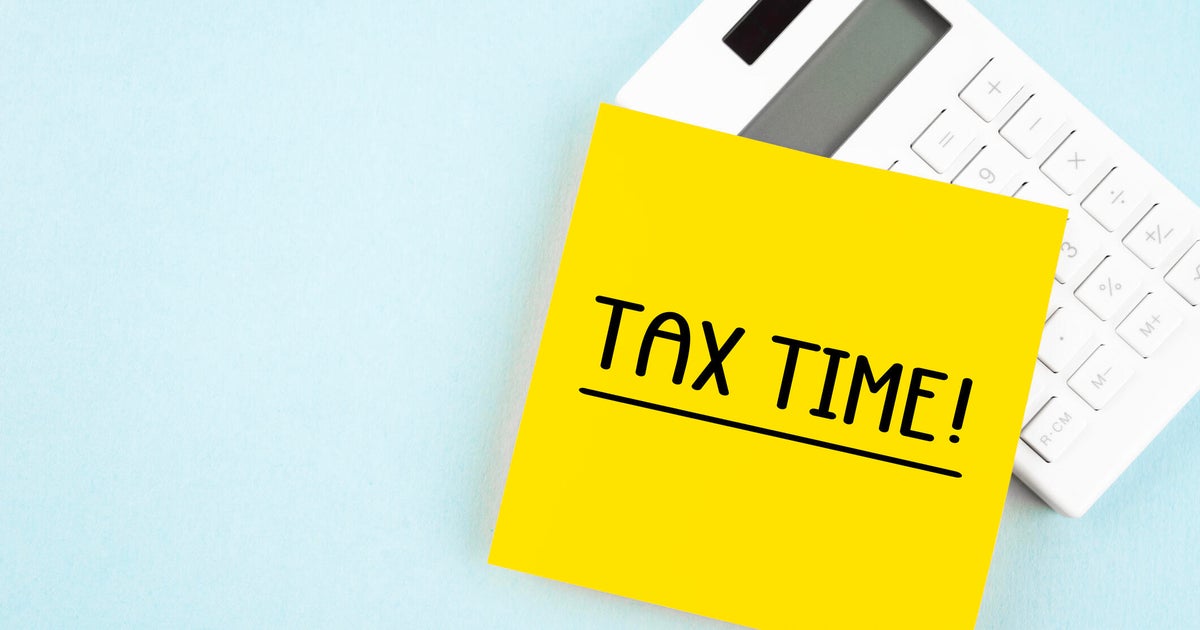On Your Side: Tax scam prevention
According to the IRS, nearly 8 million people reported suspicious activity related to their tax filing last year. And experts say that number will likely be even higher this tax season. Here's what to look out for and how to protect yourself.
Tax season is a huge target by scammers because we all have to pay them, so the pool of potential victims is huge.
There are several ways scammers will target people as they file their taxes.
- The first is through "phishing" text, email and phone scams. Criminals will pose as IRS agents. They'll want you to click a link that will take you to a nefarious website, granting them access to your personal information and passwords.
- Second, scammers will use your identity to file on your behalf and then pocket your refund.
- Finally, criminals may pose as legitimate tax preparers. And then they have access to all your personal information and your tax refund.
And it's not just the elderly who are falling for these scams, according to a cyber security expert with Keeper Security.
"This is the economy of the masses. They target low-hanging fruit. Anyone could be a potential victim. So the key is, it doesn't matter how old you are. If you are old enough to file a tax return, then you are a potential target," said Darren Guccione, co-founder and CEO of Keeper Security.
So how can you protect yourself?
Use high strength, random passwords for every website that you use. Sixty-five percent of the time, Americans use the same password across multiple websites and systems.
Make sure that your passwords are each at least 12 characters and contain letters, numbers and symbols.
The easiest way to manage them is through password manager, stored in an encrypted vault. Always turn on two-factor authentication.
If you do share documents with tax preparers, do not simply email them over. You need to use a vault-type of product to share sensitive information through a secure portal.
Remember: the IRS will not email, text or call you -- ever. They only communicate through the mail.
If you think you have been targeted by scammers, change your passwords, check your credit and lock it.








